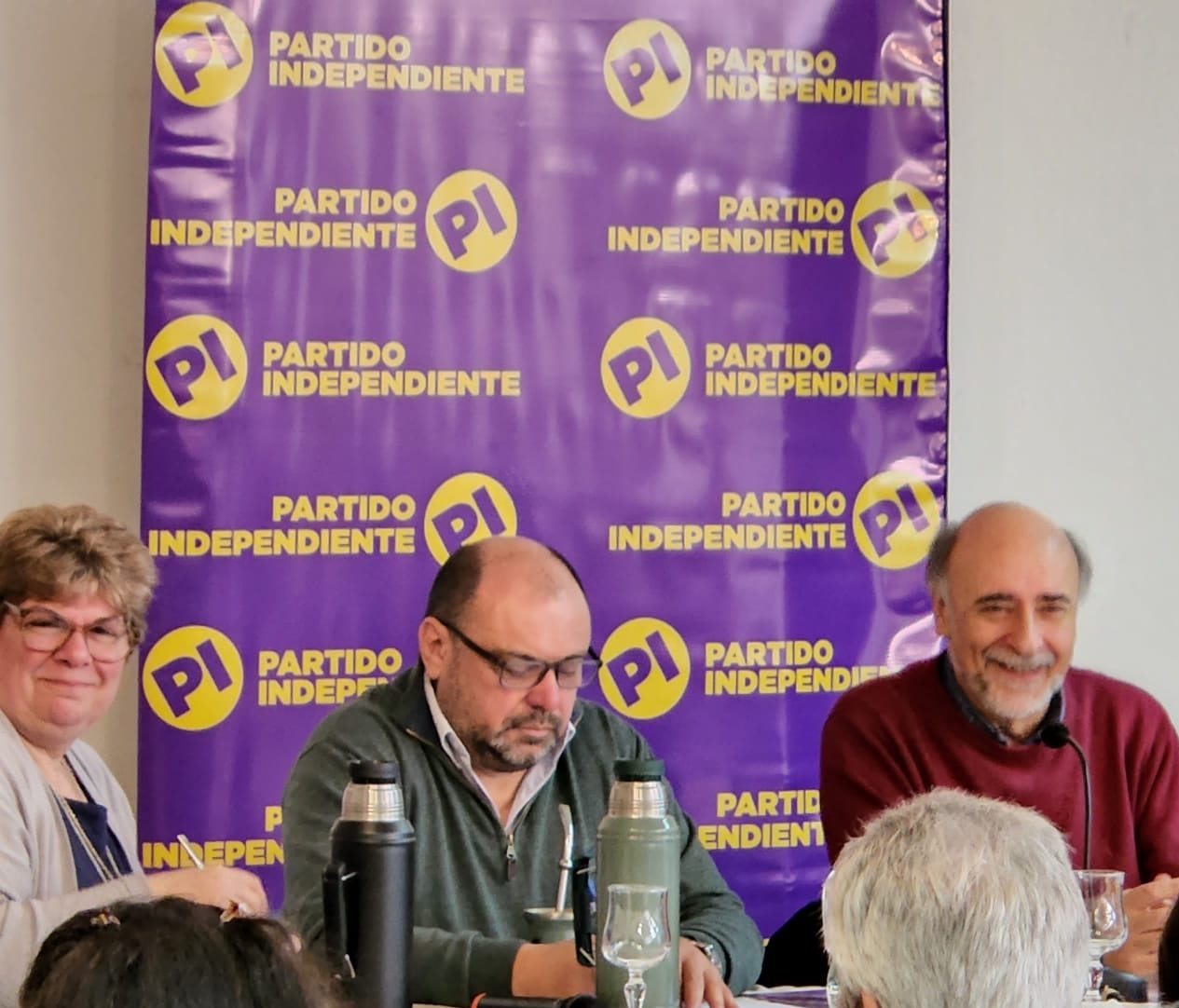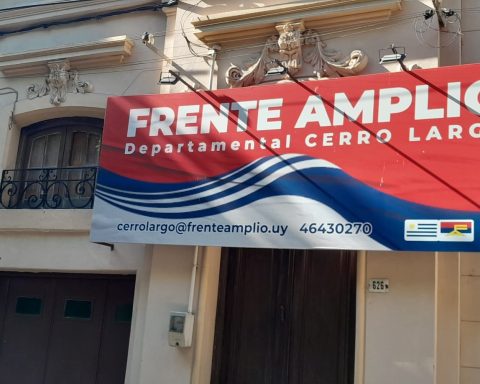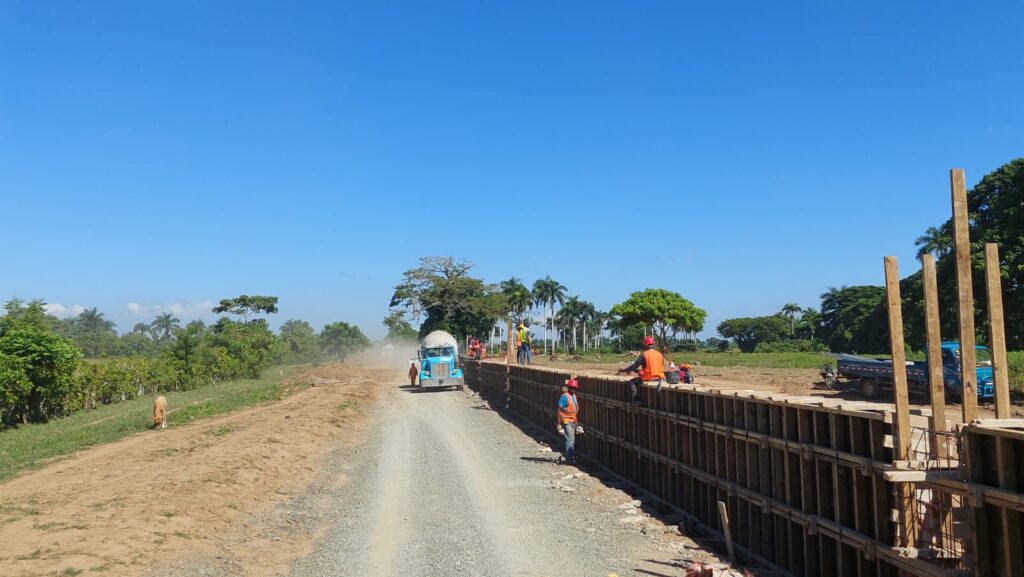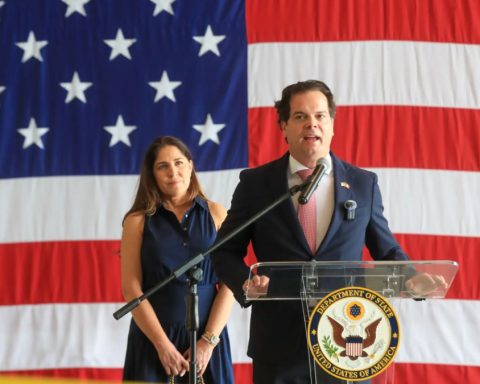The Federal Board of the Independent Party met this Sunday the 4th at the Kolping facilities (Bulevar Artigas 2714 between Colorado and Caraguatá). The main leaders of the political community were present in this space, including Pablo Mieres, Minister of Labor and Social Security.
Among the issues that were discussed, one of the main ones was the party’s position on the draft bill for the social security reform. At the end of the meeting, the party issued a statement in which it expresses its position regarding this national topical issue.
The National Executive Board of the Independent Party had appointed a Commission made up of technicians with specialization in the subject to analyze the Draft Law for the Reform of Social Security, which was delivered by the President of the Republic to the Parties that make up the coalition of government on July 27 last.
By virtue of the report of the Commission in charge of its study and analyzed the subject in the National Executive Board of the Party, various conclusions were reached. “One of them, and in the first place, we reiterate our conviction about the need to carry out a reform of our social security system that, simultaneously, allows to provide financial sustainability to the system in the medium and long term, as well as to specify a system of greater Social equity”.
In this sense, the party made a positive assessment of the aforementioned project, insofar as “the proposed pension regime meets several objectives simultaneously.” In the final declaration, it is stated that “it is a proposal that achieves medium and long-term financial sustainability objectives, which implies, among other measures, assuming the necessary, but gradual, modification of the retirement age; which is in line with the characteristics of our demographic structure and its future trends”.
On the other hand, the Party adds that “we share the graduality established to modify the retirement age, guaranteeing, of course, the acquired rights of those who already have cause and of those who would acquire the cause of retirement in the next 5 years. We also share the mechanism chosen to raise the retirement age gradually, incorporating an additional year for each generation until reaching the age of 65.”
At the same time, it also emphasizes that “a solution is adopted that allows pension benefits to be maintained at the same current levels of sufficiency and, even in sectors of the population with lower pensions, the proposal made allows these benefits to be improved. The Guaranteed Minimum Income ensures certain minimum access to pensions that represent improvements in pension amounts”.
“This initiative, promoted by our representative in the Committee of Experts, is particularly valued by the Party. In turn, the new system is oriented towards the convergence within a reasonable period of time of the different regimes currently in force, to build a unified social security regime and, therefore, with similar rules of the game and parameters for all the subsystems, which that allows to solve the serious inequities that currently exist where similar contributions in economic magnitudes receive very different benefits depending on in which subsystem the worker’s contribution is verified”, explains the document.
Education reform
The other issue of great importance for the government and for the Independent Party is Educational Reform. In this regard, deputy Iván Posada stated that “The Federal Board addressed two major issues, and one was support for the educational transformation that is being carried out, and is being implemented by the Central Board of Directors of the National Administration of Public Education. We believe that the changes that are taking place are absolutely in line with the public commitment that the coalition made at the time, called the “commitment to the country” document, where the government’s agenda was clearly expressed and ended up being backed by citizens in November 2019.”
“Educational transformation had been on the table in the meeting instance of the political parties that we were in, under the government of President José Mujica. There, a series of transformations had been agreed upon, which unfortunately due to the attitude of opposition and clear confrontation of the education unions, ended in deaf ears, despite the fact that this was the will expressed by all the political parties. This government, today through the ANEP authorities, clearly has an objective of beginning to implement a transformation, which is gradual, rather than seeing the idea of a fundamental objective of education, which has to do with training people Posadas said.


















